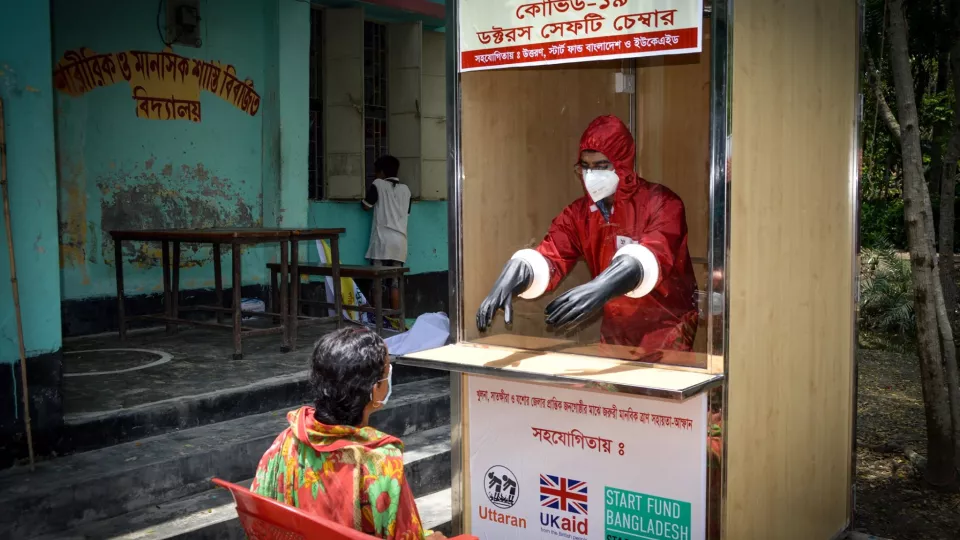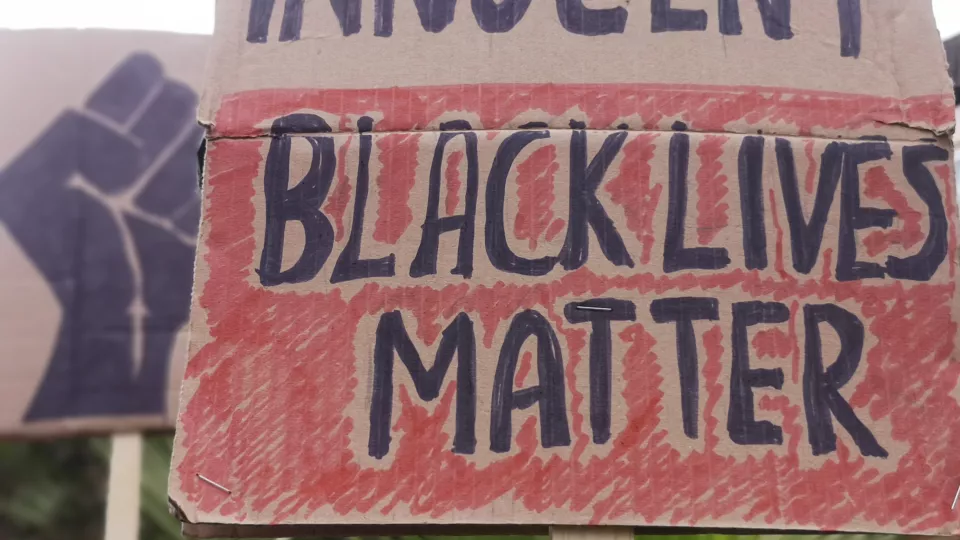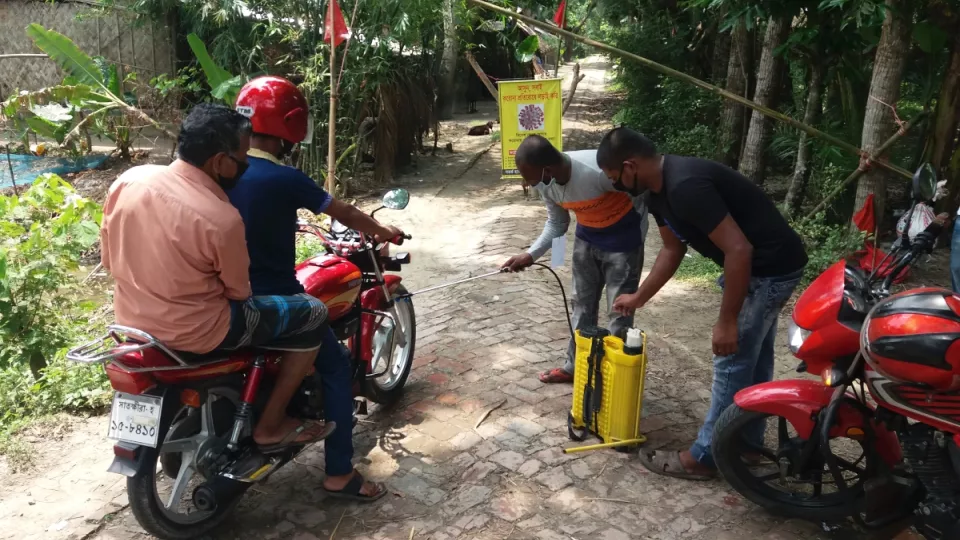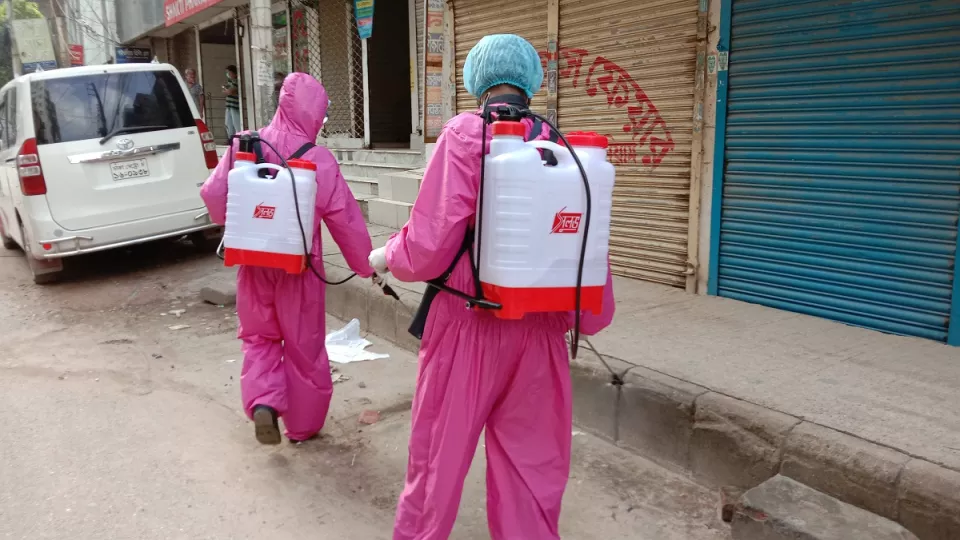
Covid-19 Response in Bangladesh
Using local membership strength of a pooled funding mechanism to extend humanitarian support during a pandemic.

Using local membership strength of a pooled funding mechanism to extend humanitarian support during a pandemic.

Start Network is pleased to announce that 12 new local and national aid agencies, based in India, Pakistan and the Democratic Republic of Congo, have joined the network. The new members have joined as part of Start Network’s plans to build a more balanced network made up of more local and national actors.
Gang Karume est natif de la République Démocratique du Congo (RDC) et a travaillé pendant plus de 12 ans, entre 1998 et 2009, comme Coordinateur des opérations dans l’équipe globale d’urgence d’International Rescue Committee (IRC). Ici, nous parlons avec Gang sur comment il s’est engagé avec Start network et sa vision de l’action humanitaire en RDC.
Gang Karume Augustin is a DRC national and worked for 12 years as the Global Emergency Coordinator for IRC from 1998-2010. Here we speak with Gang about how he got involved with the Start Network and where he sees the future of humanitarian action in DRC.

I, like many of you, have been reading about and watching videos on the riots, the police brutality, the incidents of racial injustice and racially motivated violence of the last several weeks linked to the murder of George Floyd by US police in Minneapolis. This makes me deeply sad and deeply angry.

Today Start Network's five hubs have launched a bold paper aimed at catalysing a more local response to the immediate needs of COVID-19 needs and to accelerate a lasting step-change in humanitarian response.

Shonnasgacha is a small village of Keshobpur Upazila of Jashore district where 210 families live in a 1.5 sq. km area. While the country was waking up to the COVID-19 threat in the early stages of the lockdown, the locals of Shonnasgacha village took measures to protect themselves.

On 28th March 2020, Start Fund Bangladesh, the national fund for the Start Network, activated its first alert in response to predictions made by the national Forecast-based Warning, Analysis and Response Network (FOREWARN).

Start Fund Bangladesh developed standing operating procedures (SOP) after taking stock of current happenings and in-depth discussion with donors and humanitarian leaders. The SOP targeted safety measures at multiple levels to ensure the ultimate prevention of transmission at the community level. Some of these included: Tracking physical health of staff and volunteers throughout the project period; In addition, all personnel involved in the project needed access to personal protective gear (masks and sanitizers) Adopting new practices at the organisational level: providing accommodation facilities to staff and volunteers if needed; giving compensatory allowances to those working in direct response; increasing organisational cleanliness as per WHO standards Following strict guidelines during response and: distributing relief items through door-to-door delivery and drawing distant circles.

One of the ways that Start Fund Bangladesh is shifting more power to local organisations is by ensuring they have more access to funding for operations costs, otherwise known as the Indirect Cost Recovery (ICR) method, this enables them to improve and develop.